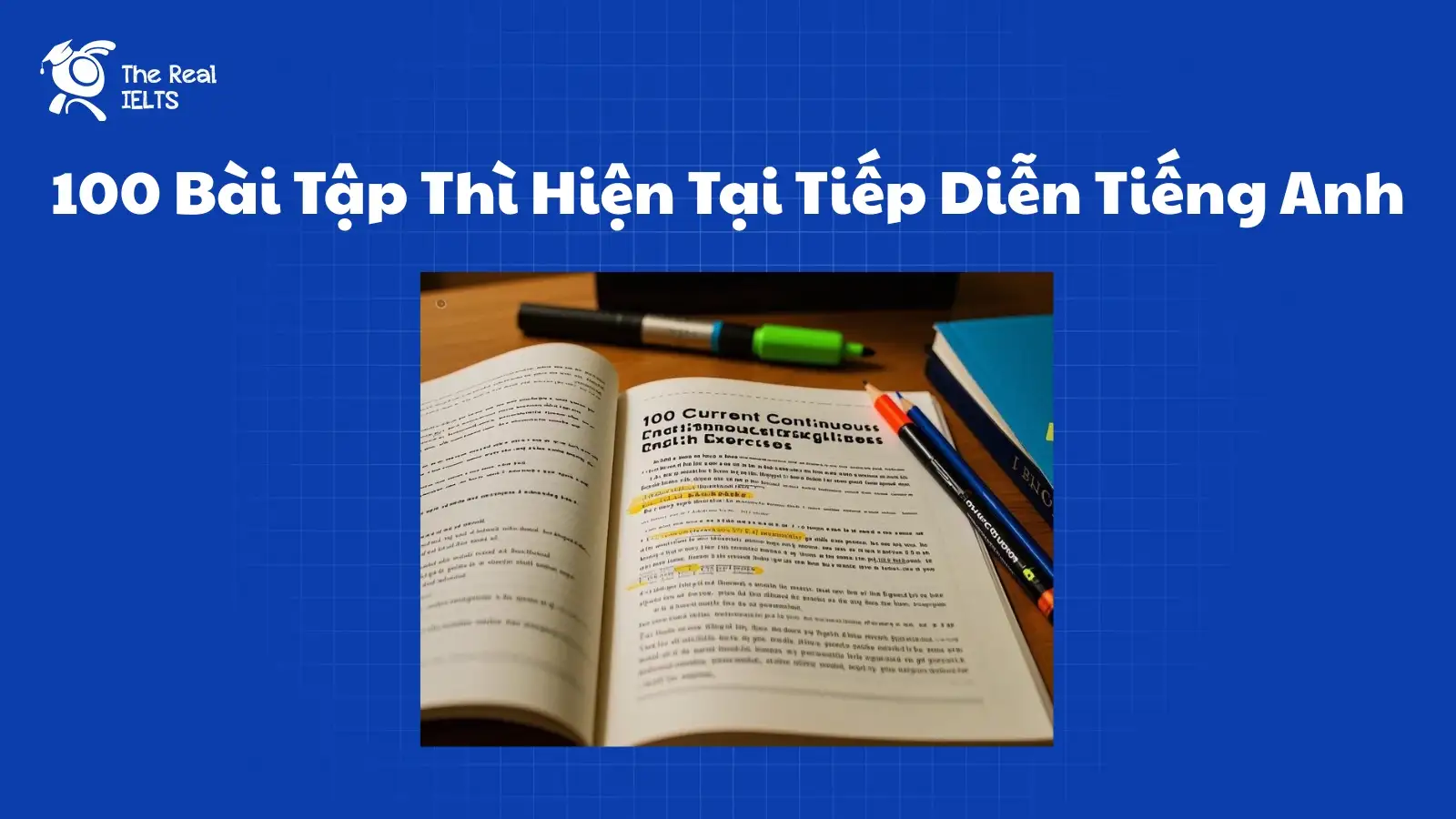Đề bài IELTS Writing Task 2 dạng Agree or Disagree Part 72:
You should spend about 40 minutes on this task
Schools should teach financial literacy. To what extent do you agree or disagree?
Write at least 250 words.
Giải mẫu IELTS Writing
In today’s rapidly changing world, financial literacy has become an essential skill for individuals to navigate the complexities of personal finance. Many argue that schools should take on the responsibility of teaching financial literacy to prepare students for adulthood. I agree with this proposition to a considerable extent, as integrating financial education into the school curriculum can provide significant benefits. However, this should not overshadow the importance of other subjects and skills that are equally crucial for a well-rounded education.
Firstly, teaching financial literacy in schools equips students with the knowledge and skills necessary to manage their finances effectively. Young people often enter adulthood with little understanding of basic financial concepts such as budgeting, saving, investing, and understanding credit. This lack of knowledge can lead to poor financial decisions, resulting in debt and other financial difficulties. By learning these skills early, students can develop a strong foundation for financial independence and security.
Moreover, financial literacy can promote responsible consumer behavior. In an age where consumerism is prevalent, and credit is easily accessible, understanding the implications of financial choices is crucial. For instance, knowledge about the long-term impact of taking out loans or using credit cards can help young adults make informed decisions, avoiding pitfalls such as high-interest debt and poor credit scores.
However, while the importance of financial literacy cannot be overstated, it is also essential to maintain a balanced curriculum. Schools should not sacrifice other critical subjects such as mathematics, science, literature, and social studies in favor of financial education. These subjects also play a vital role in developing critical thinking, creativity, and a broader understanding of the world. Therefore, financial literacy should complement, rather than replace, existing core subjects.
Additionally, the responsibility of teaching financial literacy should not rest solely on schools. Parents and guardians play a crucial role in shaping their children’s financial habits and attitudes. Schools can provide the foundational knowledge, but real-world application and reinforcement often come from the home environment.
In conclusion, I agree that financial literacy should be part of the school curriculum to a significant extent, as it is vital for preparing students for real-world financial challenges. However, it should be integrated in a way that does not undermine the importance of other educational subjects and recognizes the role of parents in financial education. A collaborative approach, combining school education and family involvement, is likely the most effective way to foster financially literate future generations.
Cấu trúc ngữ pháp và cấu trúc câu
Cấu trúc câu và cấu trúc ngữ pháp
- Câu đơn (Simple Sentence): Một câu đơn có chủ ngữ và động từ.
- Ví dụ: “Young people often enter adulthood with little understanding of basic financial concepts such as budgeting, saving, investing, and understanding credit.”
- Câu phức (Complex Sentence): Câu phức có một mệnh đề chính và một hoặc nhiều mệnh đề phụ thuộc.
- Ví dụ: “However, this should not overshadow the importance of other subjects and skills that are equally crucial for a well-rounded education.”
- “While the importance of financial literacy cannot be overstated, it is also essential to maintain a balanced curriculum.”
- Câu ghép (Compound Sentence): Câu ghép có hai hoặc nhiều mệnh đề chính, thường được nối bằng liên từ (and, but, or).
- Ví dụ: “Many argue that schools should take on the responsibility of teaching financial literacy to prepare students for adulthood, and I agree with this proposition to a considerable extent.”
- Câu ghép-phức (Compound-Complex Sentence): Câu ghép-phức có ít nhất hai mệnh đề chính và ít nhất một mệnh đề phụ thuộc.
- Ví dụ: “A collaborative approach, combining school education and family involvement, is likely the most effective way to foster financially literate future generations.”
Từ kết nối (Connecting Words)
- Liên từ chỉ sự thêm vào (Additive Conjunctions):
- “and” – Ví dụ: “Young people often enter adulthood with little understanding of basic financial concepts such as budgeting, saving, investing, and understanding credit.”
- “Moreover” – Ví dụ: “Moreover, financial literacy can promote responsible consumer behavior.”
- Liên từ chỉ sự tương phản (Contrastive Conjunctions):
- “However” – Ví dụ: “However, this should not overshadow the importance of other subjects and skills that are equally crucial for a well-rounded education.”
- “While” – Ví dụ: “While the importance of financial literacy cannot be overstated, it is also essential to maintain a balanced curriculum.”
- Liên từ chỉ nguyên nhân và kết quả (Causal Conjunctions):
- “Therefore” – Ví dụ: “Therefore, financial literacy should complement, rather than replace, existing core subjects.”
- Liên từ chỉ sự giải thích (Explanatory Conjunctions):
- “For instance” – Ví dụ: “For instance, knowledge about the long-term impact of taking out loans or using credit cards can help young adults make informed decisions.”
Các từ vựng tiếng Anh cần lưu ý trong bài viết
- Financial literacy – Kiến thức tài chính
- Essential skill – Kỹ năng thiết yếu
- Personal finance – Tài chính cá nhân
- Navigate – Điều hướng, xử lý
- Complexities – Sự phức tạp
- Curriculum – Chương trình học
- Equip – Trang bị
- Budgeting – Lập ngân sách
- Investing – Đầu tư
- Credit – Tín dụng
- Financial decisions – Quyết định tài chính
- Financial independence – Độc lập tài chính
- Consumer behavior – Hành vi tiêu dùng
- Consumerism – Chủ nghĩa tiêu dùng
- Loans – Khoản vay
- High-interest debt – Nợ lãi suất cao
- Credit scores – Điểm tín dụng
- Balanced curriculum – Chương trình học cân bằng
- Core subjects – Môn học chính
- Critical thinking – Tư duy phản biện
- Reinforcement – Sự củng cố
- Foundational knowledge – Kiến thức nền tảng
- Real-world application – Ứng dụng thực tế
- Collaborative approach – Cách tiếp cận hợp tác
Đọc thêm các bài Luyện Thi IELTS khác trong link nhé.















